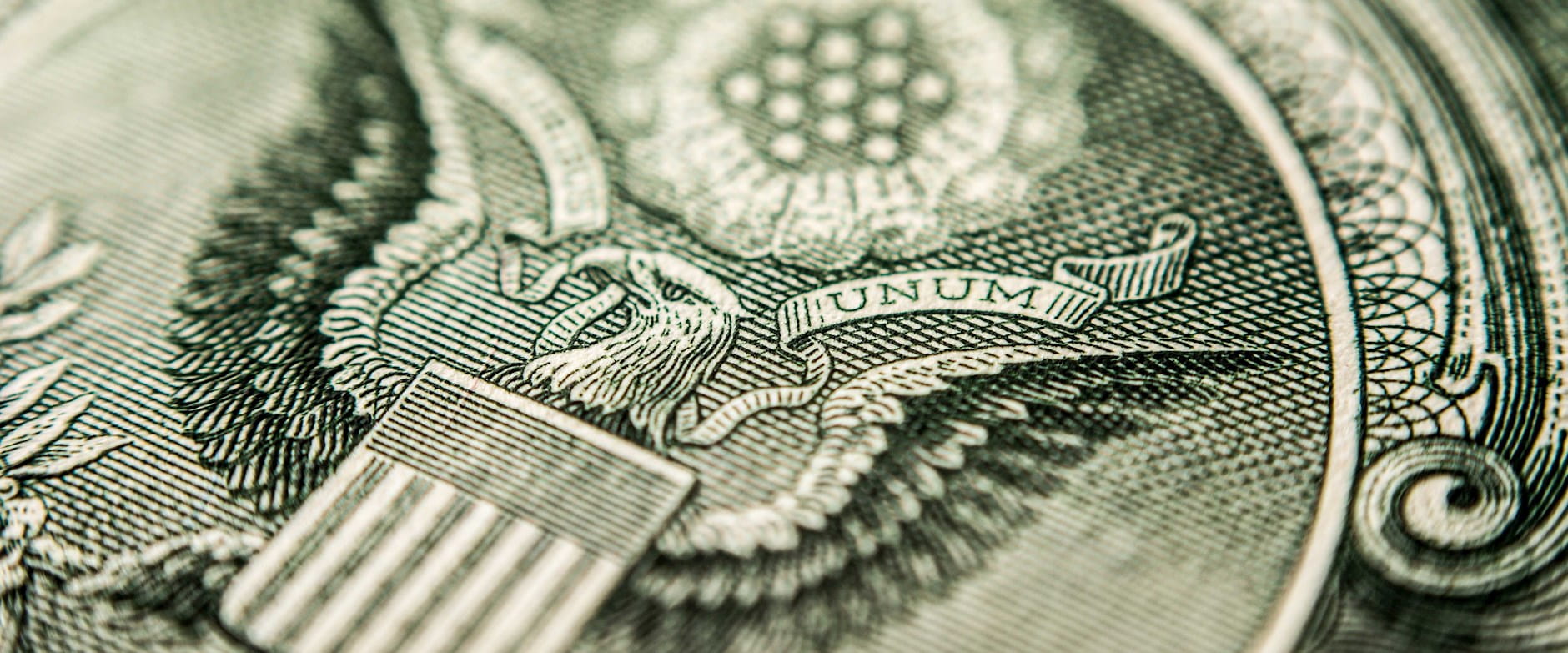When investors across the world look beyond their own borders, they often put money in assets denominated in US dollars. This demand is crucial for the dollar maintaining its global importance and role as the world’s preferred reserve currency, suggests research by Chicago Booth’s Ralph S. J. Koijen and Princeton’s Motohiro Yogo, who add that were investors to seek safety elsewhere, this could have big implications for currency markets and the US economy.
The researchers deconstructed the convenience yield, or premium associated with holding the US dollar. They calculate it to have been 1.3 percentage points between 2008 and 2017. That is, had the US dollar lost its special status, it would have depreciated, and the expected annual appreciation would have been 1.3 percent a year higher thereafter. And parsing out which investors mattered most in terms of supporting the convenience yield, they identify Pacific investors (in Australia, Hong Kong, Japan, New Zealand, and Singapore), followed by European investors and those in offshore financial centers such as Bermuda and the Cayman Islands. European investors alone, for example, accounted for 0.35 percentage points of the dollar’s convenience yield—so if only these investors were to decide to hold a different currency, it is likely that the dollar would weaken by 0.35 percentage points.
The advantage of being special
Investors pay a premium, the convenience yield, to hold US dollar-denominated bonds. Losing that status could cause yields to rise.
Koijen and Yogo, 2020
This, of course, has implications for asset markets. If the US dollar were to lose its status, the country’s long-term bond yields would rise 2.15 percentage points, according to Koijen and Yogo. They trace this to the effects of investor demand from offshore financial centers (responsible for 0.53 percentage points), Pacific investors (0.52 percentage points), European investors (0.51 percentage points), and foreign exchange reserves (0.48 percentage points). Also, stock prices would fall without the special demand for US equities. Thereafter, expected returns for US stocks would be 1.7 percentage points higher, they write, driven most strongly by European investors.
- Zhengyang Jiang, Arvind Krishnamurthy, and Hanno Lustig, “Foreign Safe Asset Demand and the Dollar Exchange Rate,” Journal of Finance, February 2021.
- Ralph S. J. Koijen and Motohiro Yogo, “Exchange Rates and Asset Prices in a Global Demand System,” Working paper, June 2020.
Your Privacy
We want to demonstrate our commitment to your privacy. Please review Chicago Booth's privacy notice, which provides information explaining how and why we collect particular information when you visit our website.
